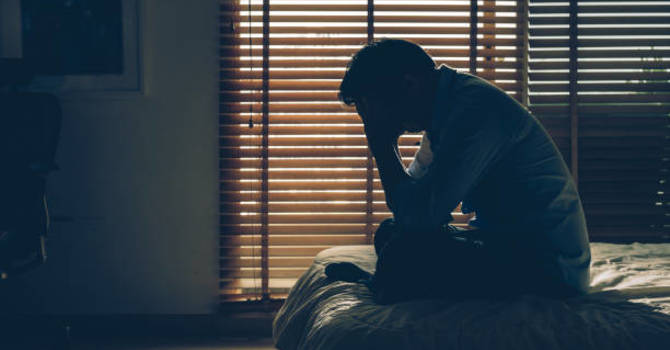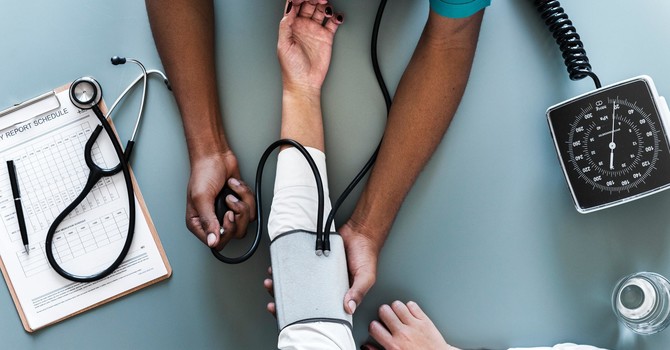
Post-concussion syndrome (PCS) refers to the persistence of concussion symptoms beyond the typical recovery period, often lasting weeks, months, or even longer. While some individuals may experience spontaneous improvement within a few days or weeks, many find that their symptoms persist for months or even years without targeted intervention. Relying solely on time to heal a concussion may not be sufficient, and proactive treatment approaches are often necessary to facilitate recovery.
Understanding Post-Concussion Syndrome
PCS encompasses a range of symptoms that continue after the initial concussion has healed. Common symptoms include:
- Headaches
- Dizziness and balance issues
- Brain fog and difficulty concentrating
- Fatigue
- Anxiety and depression
- Sleep disturbances
- Sensitivity to light and sound
- Visual and vestibular dysfunction
These symptoms can significantly impact daily life, affecting work, relationships, and overall well-being. Many patients feel trapped, believing that their only option is to "wait it out." However, research shows that this passive approach is often ineffective.
The Myth of "Waiting It Out"
A common misconception is that rest and time alone will resolve PCS. However, studies indicate that without targeted interventions, many people with PCS will continue to experience symptoms for months or even years. The Concussion Legacy Foundation notes that while some cases improve naturally, many require active treatment to address the underlying neurological dysfunction (concussionfoundation.org).
Similarly, the Cleveland Clinic emphasizes that PCS can have long-term effects if left untreated, making early and appropriate rehabilitation essential (my.clevelandclinic.org).
Functional Neurology: A Proactive Approach to Recovery
At my practice, I specialize in functional neurology, a cutting-edge approach that targets the root causes of neurological dysfunction. Rather than simply masking symptoms, we assess and rehabilitate brain function using advanced diagnostics and evidence-based therapies tailored to each patient. Through targeted neurorehabilitation, vestibular therapy, and sensory integration techniques, we help the brain rewire and restore optimal function.
A systematic review published in JAMA Network Open highlights that nonpharmacological interventions—such as physical exercise, vestibular rehabilitation, and cognitive therapy—are highly effective in treating persistent post-concussion symptoms (jamanetwork.com). Patients undergoing multidisciplinary therapy for PCS, such as the approach used in our clinic, report an average improvement of 75% within just one week of treatment (cognitivefx.com)
Transformation Is Possible
I’ve worked with countless patients who felt hopeless after months or even years of persistent post-concussion symptoms. Many had been told their symptoms would eventually fade—only to find themselves stuck, struggling with dizziness, brain fog, and fatigue that wouldn’t go away. After undergoing functional neurological rehabilitation, these same patients experience restored cognitive clarity, improved balance, reduced headaches, and a renewed sense of control over their health.
You don’t have to accept PCS as your new normal. You can recover, and you don’t have to do it alone.
Take the Next Step
If you’re tired of waiting and hoping your symptoms will resolve on their own, it’s time to take action. At my clinic, we offer comprehensive neurological assessments and personalized rehabilitation plans designed to get you back to feeling like yourself again.
Book a consultation today and start your journey toward real, lasting recovery. Don’t let PCS define your future—let’s work together to reclaim your health and well-being.

Benjamin Pupo
Contact Me

%20(1400%20x%20750%20px)%20(12).jpg)

